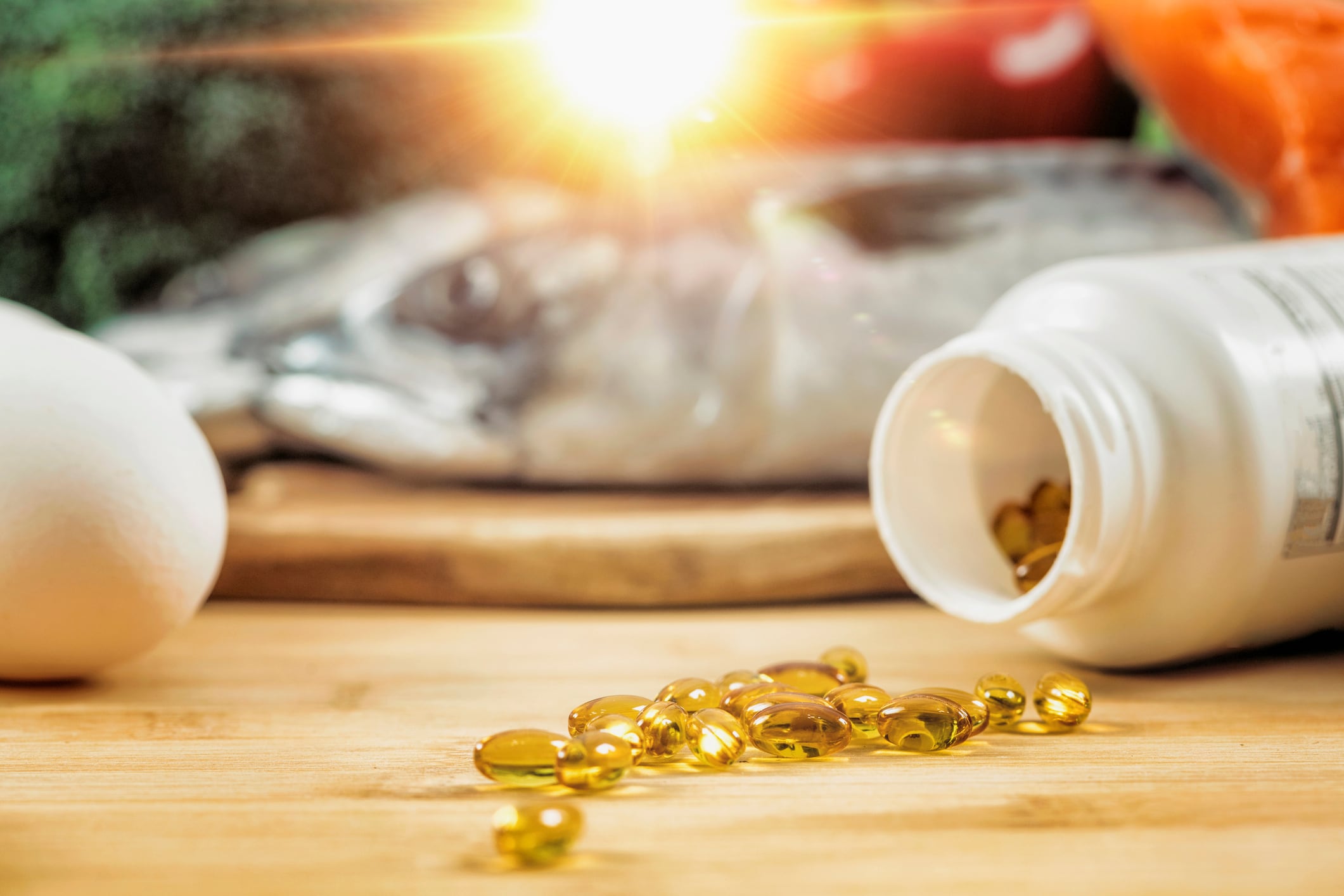In addition to evaluating the effects of the supplements on the omega-3 index (O3I), the researchers assessed changes in body composition, as previous research suggests that there may be beneficial effects on both lean and fat mass. Over the course of the 12-week study period, however, the supplements “did not meaningfully alter body composition.”
“The stepwise trajectory in O3I, approaching optimal (> 8%) levels by week 8, underscores the potential and importance of sustained long-term dietary behavior change, consistent with many global health recommendations for meaningful biomarker changes,” researchers from the University of Wollongong in Australia wrote in Performance Nutrition.
Omega-3s for sports and weight management
EPA and DHA are increasingly recognized for their role in enhancing athletic performance due to their ability to support muscle and heart function, as well as reducing inflammation. They may also potentially mitigate the consequences of head trauma in contact sports.
Harry Rice, vice president of regulatory and scientific affairs at The Global Organization for EPA and DHA Omega-3s (GOED), told Nutraingredients that, to date, the results of studies investigating the performance-enhancing benefits of omega-3s have been mixed and may depend on the population, for example elite athletes versus weekend warriors.
“While I think it’s too early to make sport-specific recommendations, I do think that athletes require more omega-3s than the general population when their sport(s) places additional physical demands on their bodies,” he said.
“Based on what I know about omega-3s and the results I’ve seen thus far, if I was involved in a concussive sport, I wouldn’t hesitate to increase my omega-3 intake to reap the potential neuroprotective benefits.”
Reflecting on omega-3s as weight management products, Dr. Rice said, “There is equivocal evidence that EPA/DHA omega-3s can modulate bodyweight and body composition in all populations, but the effect(s) is modest and seems to be short term. The best results are in the general population when exercise is combined with omega-3s, but the benefits seem to be more related to the exercise than the omega-3s.”
“While I wouldn’t take an omega-3 supplement specifically for weight management or to change my body composition, because of the wide range of benefits associated with EPA/DHA, everyone across the lifespan should be ingesting omega-3s on a regular basis by eating fatty fish and/or taking a supplement.”
Study details
The double-blind, placebo-controlled study pair-matched 38 physically trained adults to consume fish-derived or algal microencapsulated docosahexaenoic acid (DHA) as chewable tablets supplied by Nu-Mega Ingredients in Australia or a placebo.
Participants consumed seven tablets daily, split across two meals, for 12 weeks.
The fish-derived tablets contained 736 mg/d DHA and 165 mg/d EPA, and the algal tablets delivered 694 mg/d DHA and 24 mg/d EPA in triglyceride form.
Researchers conducted blood tests to assess fatty acid profiles and used dual-energy X-ray absorptiometry (DEXA) scans to evaluate body composition.
Body composition remained unaffected by the supplementation, although the omega-3 index increased until week eight, after which it plateaued.
“Importantly, the subgroup analysis indicated that the source of DHA, whether derived from fish or algae, did not influence whole blood DHA levels with near identical increases in the fish (+ 1.95%) and algal (+ 1.92%) subgroups at week 12,” the researchers noted.
Source: Performance Nutrition, 2025, 1, 6. doi: 10.1186/s44410-025-00006-6. “A dietary achievable dose of microencapsulated DHA increases the Omega-3 Index without affecting body composition in physically trained male and female adults”. Authors: R. Anthony et al.




